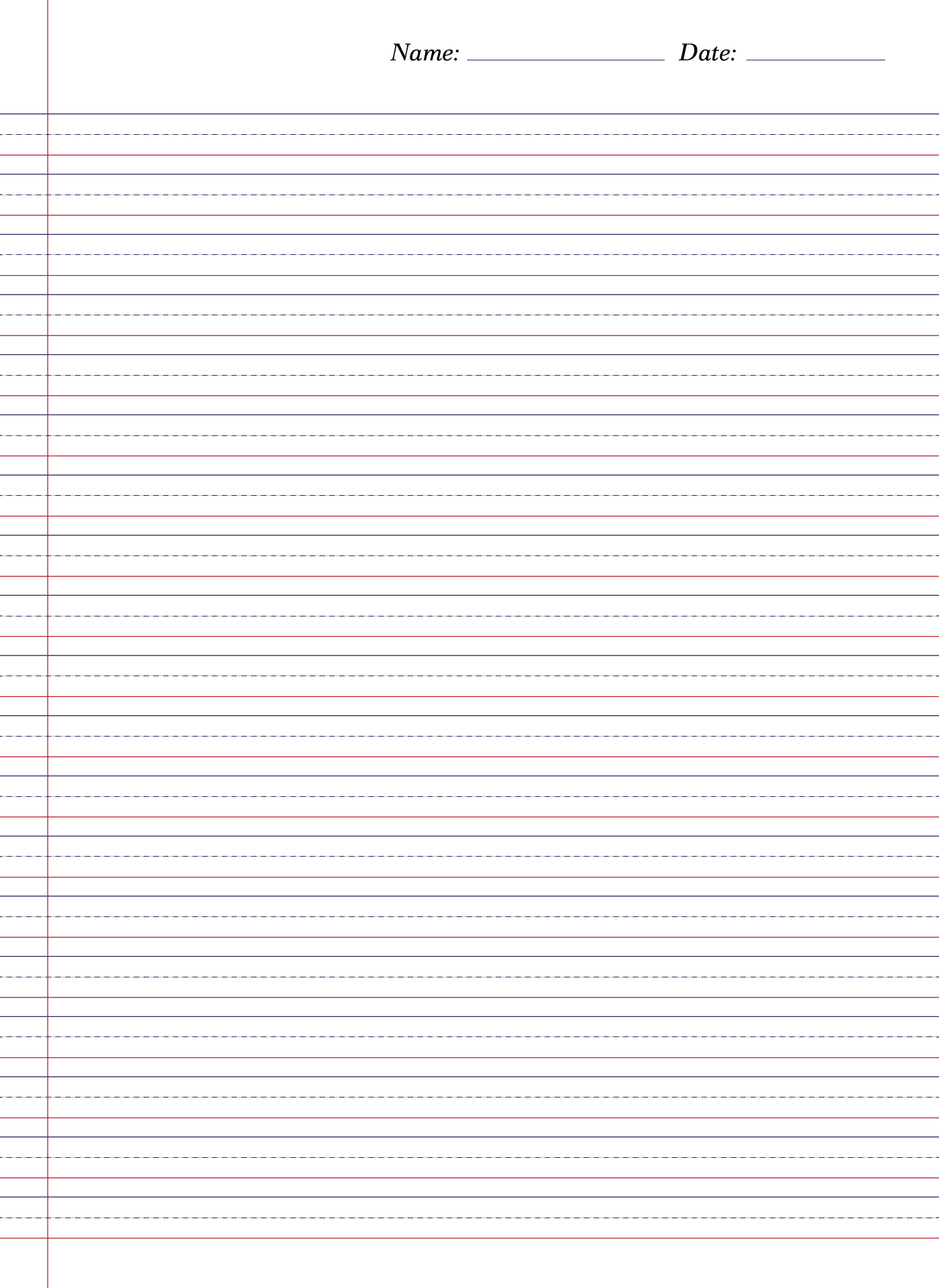Writing Habits – Setting A Routine Can Help You Write More Efficiently

Book ghost writing is a term that has been around for a long time. As a matter of fact, book ghost writing began shorty after people started writing and selling books.
pay for essay example, if documenting your family history is your writing project, your reason for writing it might be that the research intrigues and entertains you. That why, or reason, keeps you skirting around and leaping over most obstacles. But when a huge problem blocks your path, you need to dig deep and uncover the why beneath the why. In this case, the why beneath the why might be to leave a legacy for your grandchildren and future generations. This reason is more compelling. It takes on greater purpose.
There is also a “Philosophy” about how we approach the business. One considers repairing the home to be the real meat of flipping houses. Another considers the marketing as the most vital stage. And another sees the negotiation of the sale to be the biggest battle. You might look at flipping houses as an excellent use of your gifts to give back to your fellow man in better neighborhoods, and better lives. Or you might see the business as the best way of providing for those whom you love, whether it’s your favorite work or not. Or, you might see the business as the most fun you could possibly have and still get paid.
This isn’t something you set in stone. If you come up with another idea while you’re writing (that happens to me), write about that. Write whatever it is you feel compelled to write at any time during your writing session (just don’t revert back to journal writing – do that at some other time).
A bit like Yin and Yang, Karma represents two equal sides of an equation being both good and bad! Basically what goes around comes around, commit a good deed and you’ll be rewarded with an equal good deed. Commit a bad deed and you’ll be met with an equal bad deed.
10 – Organize your desk. A messy workspace can make you feel overwhelmed. The clutter reminds you of everything you need to do but haven’t done, and that can create anxiety about your work and your writing. If you’re feeling burnt out on writing, try making your desk as neat and clutter-free as possible.
Never hurry with turning in your paper. No need to remind that works handed in several days before the deadline, are scrutinized more than those turned in last hours.
Take about 10 minutes before your session and write some notes about what you want to write about. Write down a few things in case you blow through the first one before your time is up. Ask yourself what piece you’re buy a narrative essay. Are you writing a blog post? Or are you writing a chapter for your new book?
You might be surprised at what the above exercises reveal. Option 1 is special in that it allows your subconscious to take the stage-there’s no time for the picky parts of the conscious mind to censor what you write. Option 2 may make you aware of parts of yourself that don’t always get much attention.
Did you know that the version of MS Word that you’re using may include a speech tool, where you can ask the program to read your article back to you? Hearing an unfamiliar voice reading your article to you can help you detect grammar issues.
In conclusion, over the years I have found that writing is not only an asset in any occupation but a means of relieving stress at any time may strike. It doesn’t matter to me if I am writing about some Native American folktale or creating an article for a survival website, the calming effect is essentially the same. The next time you feel stressed out sit down at your keyboard and type out a few pages of anything. Tell about your life, your children and exceptionally valuable experience that you had or anything that comes to mind. This technique is similar to the “free writing” mentioned in our textbook (Reid, 2010). I am sure you will feel a bit better in no time at all.
